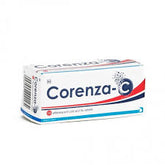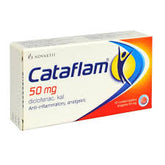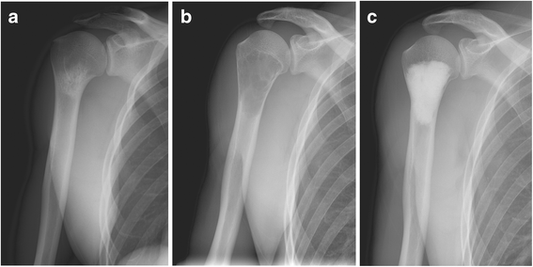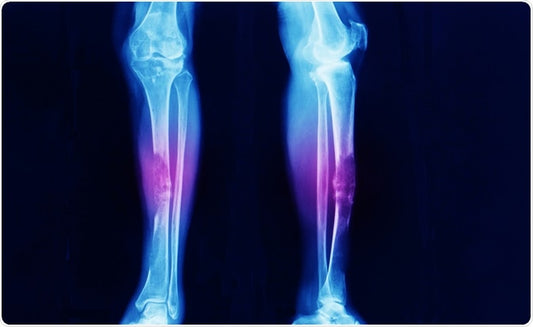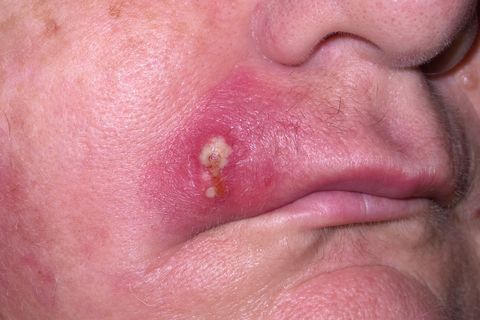featured Bornholm disease
On by ZimSeller Pharmacy 0 comments
Bone cyst
On by ZimSeller Pharmacy 0 comments
Bone cancer
On by ZimSeller Pharmacy 0 comments
Boils and carbuncles
On by ZimSeller Pharmacy 0 comments
Body odour (BO)
On by ZimSeller Pharmacy 0 comments
Body dysmorphic disorder (BDD)
On by ZimSeller Pharmacy 0 comments
Blushing
On by ZimSeller Pharmacy 0 comments




